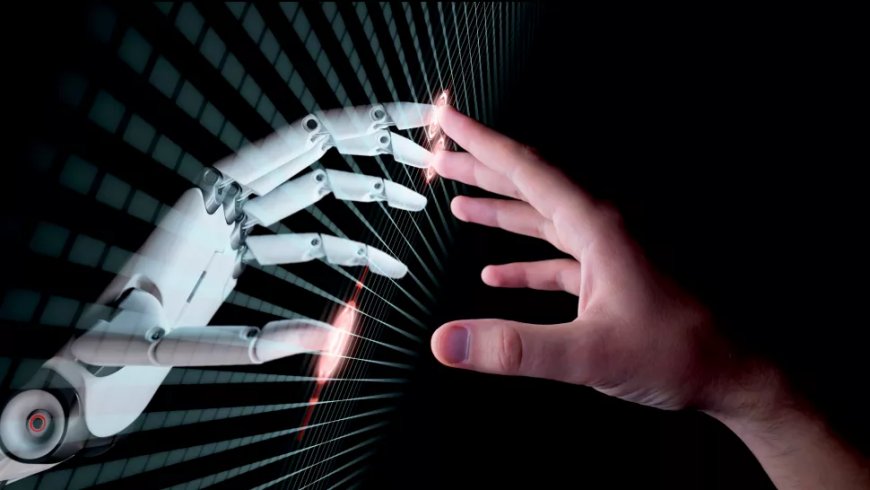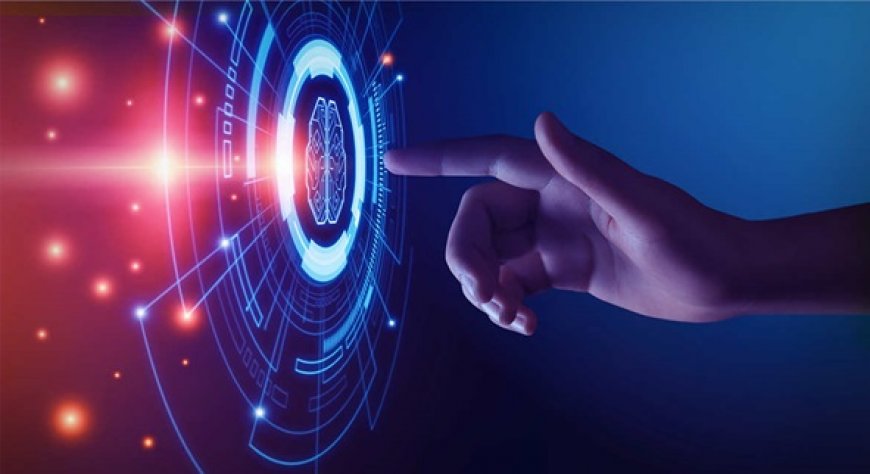The Pros and Cons of Auto-GPT: Understanding the Implications of AI-Language Models
Explore the implications of Auto-GPT, an AI system that can generate human-like text, and its impact on industries, jobs, biases, and more.

AI has taken a major step forward with the rise of Auto-GPT, the far more capable sibling of ChatGPT, thanks to the development of open-source applications that make deep fakes and voice cloning more accessible. However, some are concerned about the potential impact of Auto-GPT on various industries and the future of work.
Auto-GPT, a GPT-4 model, is designed to function like the human brain, with the ability to take onboard information, learn from it, and use that knowledge to improve on any task assigned to it. It promises to carry out market research, write headlines, and generate entire blog posts without much prompting, making journalists and other content creators uneasy. Furthermore, it is self-sufficient, meaning that it can execute tasks, such as scheduling an Instagram post and writing a relevant caption to accompany it, without manual intervention. It can respond to customer queries or complaints in any language required on an external site, create long-term business plans and models, and execute them independently.
Unlike ChatGPT, which carries out tasks after being given specific instructions and refinements/critiques from humans, Auto-GPT is more autonomous and can go off and build spreadsheets elsewhere or log on to Twitter and publish a viral quip to put your business on the map.

However, the introduction of Auto-GPT raises concerns about the future of the human race, particularly in terms of how we work. While some view AI as a positive force for innovation and efficiency, others, including Elon Musk and Jaan Tallinn, caution that we need to take a step back and consider the impact of AI on our lives and society as a whole. A recent letter signed by thousands of experts, including researchers from DeepMind, Musk, Steve Wozniak, and Evan Sharp, called for a six-month pause on AI developments and urged all AI labs and independent experts to use this time to jointly develop and implement shared safety protocols for advanced AI design and development that are rigorously audited and overseen by independent outside experts.
The letter also questions whether we should let machines flood our information channels with propaganda and untruth and whether we should automate away all jobs, including fulfilling ones. It asks whether we should develop non-human minds that might eventually outnumber, outsmart, obsolete, and replace us. The signatories caution that powerful AI systems should only be developed once we are confident that their effects will be positive and their risks manageable.
Tallinn warns that technology is racing ahead without society having time to adapt and control it. He worries that AI could become so smart that it can do things like geo-engineering, build its structures, and even create its own AI, which could have a catastrophic impact on the environment critical to our survival. This concern led the Italian government to ban ChatGPT.
In the UK, MPs are holding off on introducing super strict AI regulation, for fear of "strangling innovation." They do not appear overly concerned about the worries raised in the open letter. One unnamed MP even dismissed the concerns, saying, "The tech bros have all watched a bit too much Terminator. How does this technology go from a computer program to removing oxygen from the atmosphere?" They believe harsher laws won't be required for at least another few years.
Read more about the Story of OpanAI and Its Founder Sam Altman
The concerns about Auto-GPT and the wider implications of AI are not unwarranted. AI is becoming increasingly human-competitive at general tasks, and if left unchecked, it could have serious consequences. AI systems could replace workers in various industries, leading to job losses and economic instability. It could also perpetuate biases and perpetuate propaganda on a massive scale, amplifying social unrest and misinformation. There is a need for proper regulation and ethical considerations when it comes to the development and deployment of AI systems.
AI developers and researchers should be aware of the potential impact their work could have on society and take steps to mitigate any negative consequences. This could include building AI systems that are transparent and explainable so that humans can understand how they are making decisions. It could also mean designing AI systems with human oversight and control so that they can be monitored and corrected if necessary.
Governments and policymakers also have a crucial role to play in regulating the development and deployment of AI. They need to work with experts in the field to establish guidelines and standards that ensure the responsible use of AI and ensure that AI is used to benefit society as a whole.
In conclusion, AI has enormous potential to transform society for the better, but it also presents significant challenges and risks. It is up to all of us to ensure that AI is developed and deployed responsibly, with proper consideration given to its potential impact on society.
